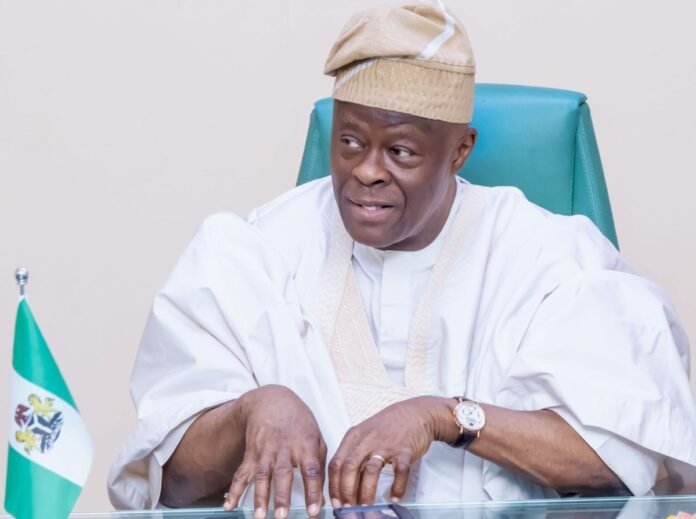The Federal Government says it has paid out ₦330 billion to 8.1 million Nigerian households under the National Social Safety Net Programme. Officials say the scheme is shielding the poorest citizens from the harsh impact of subsidy removal and economic reforms.
Finance Minister Wale Edun disclosed this in Abuja on Wednesday after a review meeting of the Special Presidential Panel on Social Investment. President Bola Tinubu inaugurated the panel in February.
Edun explained that the programme is now running smoothly after biometric integration through the National Identification Number. He said this was “crucial to ensuring transparency, curbing leakages, and eliminating political interference.”
Millions Already Paid
From the 19.7 million households captured in the National Social Register—representing about 70 million Nigerians—8.1 million have already received at least one tranche of the ₦25,000 stipend.
“Already, 8.1 million households have received at least one tranche of the ₦25,000 promised to them, with two more payments outstanding,” Edun confirmed.
An additional 2.2 million households were cleared in the last cycle after their NIN and Bank Verification Numbers were validated. Earlier delays, Edun said, were caused by lagging enrolment but will be resolved before the end of 2025.
The minister noted that the initiative, backed by an $800m World Bank loan, is laying the foundation for a “modern, transparent, and sustainable social protection system.”
Building a Permanent Framework
National Coordinator Funmi Olotu revealed that 10.2 million NINs were collected, with 9.6 million verified by the National Identity Management Commission. Only validated households are paid.
She insisted that the process is shielded from politics: “The National Social Register is not a political register. The Minister of Finance cannot give me names to put on the register. Mr President cannot give me names either.”
Olotu added that Tinubu has issued an executive order declaring the NSR the sole database for government interventions. She stressed that though NIN integration slowed the rollout, it is “the permanent foundation of Nigeria’s social protection system.”
Who Benefits Most?
Data shows cumulative beneficiaries rose from 1.78 million households in November 2023 to 8.11 million by August 2025. Women lead 61% of these homes, while 36% of recipients are aged between 51 and 65 years.
Regionally, the North-West received the largest share with three million households, about 72% of disbursements. The South accounted for 28%.
The IMF, in a June 2025 report, warned that Nigeria must sustain social protection spending to prevent rising poverty and food insecurity from derailing growth.
Edun said the scheme signals a new philosophy in government. “For the first time, Nigeria has a credible, transparent and sustainable system of supporting its most vulnerable,” he declared.
Read more analysis on Bloomberg and World Bank.
Do you think the programme is reaching the right families, or are some Nigerians still being left out, or some regions getting more or less?
Rate, Like 👍, Comment💬, share this article and Follow us on our social media handles. You can also Submit your own story to get featured and earn rewards!








